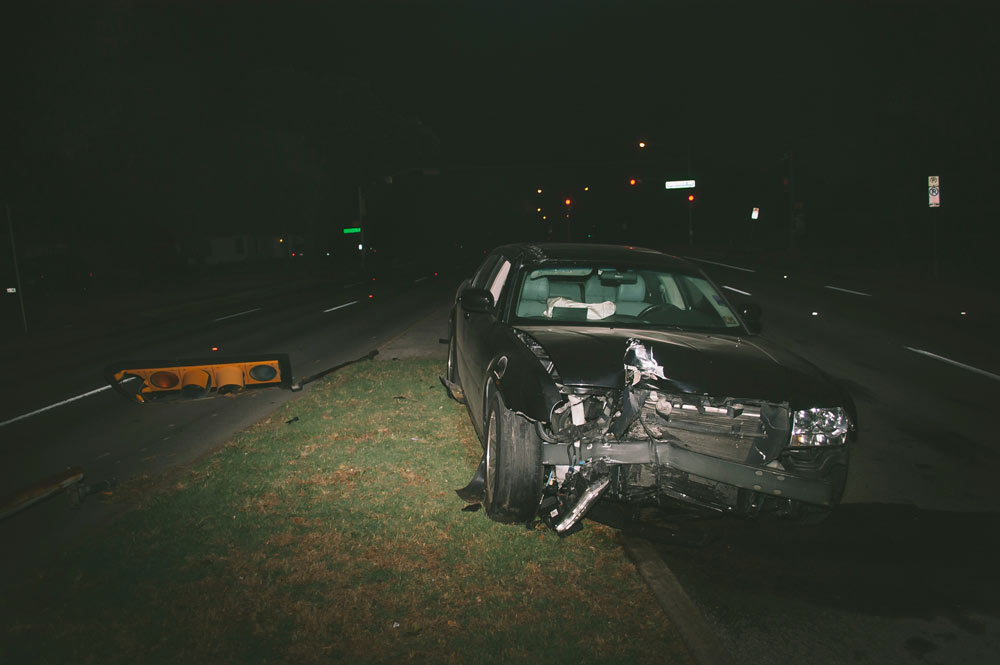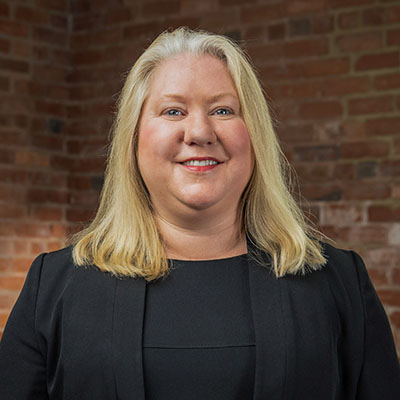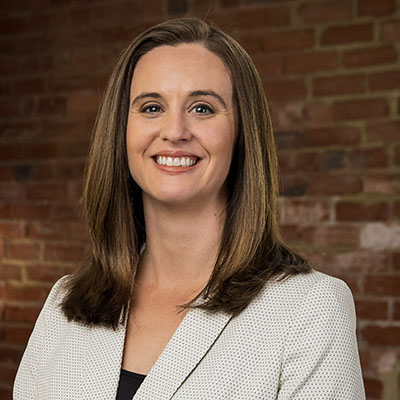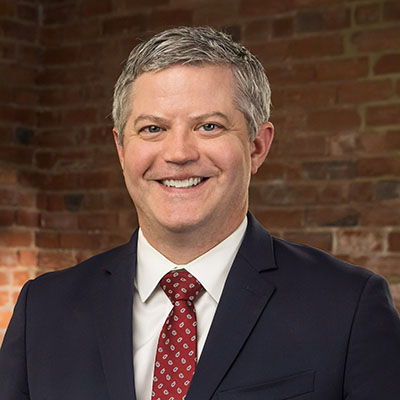When an adult causes harm, we hold the adult and their insurance company to be financially responsible for the damage and injuries that they caused. But what happens when a minor child causes property damage or personal injuries? Are parents financially responsible for their children’s actions? The answer is yes and no.

Destruction of Property
Statutory Cap – $2,500
Under Virginia law, parents can be held responsible if their child destroys public or private property. However, parents cannot be made to pay more than $2,500, regardless of how much harm their child caused. (The statutory cap on damages has not changed since 1996, when the General Assembly increased it from $1,500 to $2,500.)
The $2,500 statutory cap applies even if the parent promises to reimburse the full value of the property but then changes their mind. In one 1989 case, Poe v. Yanke, a couple of boys vandalized two antique fire trucks. The boys’ parents left a note on the truck acknowledging that their boys had caused the damage and promising to reimburse the owner in the event that their insurance companies did not pay the claim. The owner of the truck filed suit against the parents, but the court dismissed the case. The court’s reasoning was that the parents’ note was not a contract, and the court cited Virginia Code § 8.01-44, the statute that caps the number of damages for which the parents are financially responsible in these situations.
Willful and Malicious Conduct
A parent will not be held financially responsible for property damage caused by their child unless the child acted willfully and maliciously. Parents are not financially responsible if their child accidentally causes property damage. In one 1994 case, Dryer v. Webb, two children accidentally set a barn on fire while they were playing with matches. The court held that the parents were not financially responsible if the boys accidentally set the barn on fire, even though one of the parents gave the matches to his son. However, if the owner of the barn could prove that the boys intended to set the barn on fire, then the parents would have to reimburse the owner of the barn up to the statutory cap.
Cohabitation Requirement
Parents cannot be held financially responsible for property damage caused by their children unless the child lives with them. This is true because under the doctrine of vicarious liability, a parent is not expected to control a child who does not live with them.
If the child turns 18 or moves out of their parents’ home before the lawsuit is filed, the parents can still be held liable for the damages that their children caused while they were living at home. The test is where the children were living when they destroyed the property – not where they were living when they were sued.
Motor Vehicle Accidents
As a general rule, parents will not be held liable if their child causes a motor vehicle accident. That being said, there are some important exceptions.
Insurance
Although parents are generally not personally responsible if their child causes a motor vehicle accident, they should expect that their insurance could be made to pay the claims of anyone who was injured by their child’s actions. If the child is found to be at fault, it is possible that the parents’ automobile insurance company could raise the premiums on the parents’ automobile insurance coverage.
Underage Drivers
Accordng to Va. Code § 46.2-335, parents can be held liable if they allow a child under the age of 16 to drive their vehicle. Because Virginia allows children to obtain a driver’s permit when they are 15 years and 6 months old, parents need to be aware that they are personally, financially, exposed during this time.
Bad Drivers
Parents can also be held liable for motor vehicle accidents caused by their children under the theory of negligent entrustment.
In Virginia, the owner of a vehicle can be held liable if they loan their vehicle to a driver that they knew or should have known was an unfit driver who was likely to cause injury to others. The doctrine of negligent entrustment is not limited to parents and children – it applies to anyone who knows that they are loaning their vehicle to a driver who is unfit and unsafe.
Typically, negligent entrustment cases arise when an owner loans their vehicle to a driver who is physically or mentally impaired or who is under the influence of alcohol. These cases can also arise when the owner allows someone to drive their vehicle even though they know that the vehicle is defective.
The Supreme Court of Virginia explained the doctrine of negligent entrustment in a well-known decision, Turner v. Lotts. In Turner, a child caused a motor vehicle collision that injured a fellow motorist. The motorist sued the child’s parents for allowing the child to drive their vehicle, even though he had received three prior traffic citations and had been involved in two prior accidents. The trial court dismissed the claims against the parents, and the Supreme Court of Virginia affirmed. The Court found that at the time of the accident, the son was not physically or mentally impaired, or under the influence of alcohol. The Court also found that the son’s license was not restricted, suspended, or revoked and that the vehicle was not defective at the time of the accident. In other words, the fact that the son had a poor driving record did not – by itself – mean that he was an unsafe driver who would cause injury to others.
As a general rule, the doctrine of negligent entrustment tends to be limited to motor vehicle cases. In one 1989 case, Starr v. Ebbesen, a child injured someone with an air rifle. The victim filed suit against the child’s parents under the doctrine of negligent entrustment. The victim alleged that the minor’s parents knew that their child had access to the air rifle, that he had used the air rifle in an unsafe manner in the past, and that he was likely to use it again. The court dismissed the claims against the parents because it found that an air rifle is not a dangerous instrumentality, and because the victim did not establish that the parents could have foreseen that the child would use the air rifle to injure the victim.
Personal Injuries
General Rule – No Liability
As a general rule, parents are not personally responsible if their children negligently, intentionally, or criminally injure another person. The Supreme Court of Virginia has made clear that it will not impose liability on parents unless the parents themselves engaged in improper conduct, or unless the Virginia General Assembly enacts legislation to that effect.
One of the most important Virginia decisions on this issue is Bell v. Hudgins. In Bell, a 16-year old male assaulted his victim with a knife and attempted to rape her at her place of employment. The victim sued the parents for failing to control their son. She claimed that the parents were aware of their son’s serious emotional problems, which were manifested in violence. She also claimed that prior to the attack the parents knew that their son had made threats of violence on the premises of the victim’s employer. She alleged that knowing all of this, the parents should have placed their son into a facility, or prevented him from roaming at large in the community. The trial court dismissed the claims against the parents, and the Supreme Court of Virginia affirmed, holding that on the facts of that case, the parents were not liable for the malicious, intentional acts of their minor child based on the independent negligence of the parents in failing to control their son.
Later courts have observed that the outcome in Bell might have been different if the parents were independently negligent; for example, if parents had agreed to watch another person’s child in their home, but then failed to protect that child from sexual assault.
Self-Defense
Under Virginia law, parents can be held liable if they direct their children to commit an act that causes injury to another. For example, if a father directs his son to assault another child, then the father could be vicariously liable for his son’s actions.
Notably, courts have declined to impose liability where parents direct their children to defend themselves. In Timberlake v. Quash, a father intentionally and expressly instructed his son to hit, strike, or respond similarly if any other child put his or her hands on him. A girl attacked the man’s son, but quickly regretted her decision when the boy retaliated, injuring her in return. The assailant-turned-victim sued the child’s father. The court dismissed the case because the girl was the aggressor, and because self-defense is “a privilege long recognized by the common law.” In dismissing the case, the court stated, “There are many areas of human relationships in which courts appropriately do not involve themselves. One such area is that of a parent’s rearing of his child, absent unusual circumstances not present in this case. The instructions of a parent that a child should defend himself properly falls within the scope of this child-rearing activity.” Accordingly, the court found that the father was not liable.
Conclusion
In general, Virginia does not hold parents to be financially responsible for the actions of their children. However, there are times when a court might impose liability upon parents; for example, when the parents themselves engaged in wrongdoing.
If you or a loved one has been injured by a minor, it is important to consult a legal professional for advice. Call Allen & Allen for a free consultation. We are here to help.




